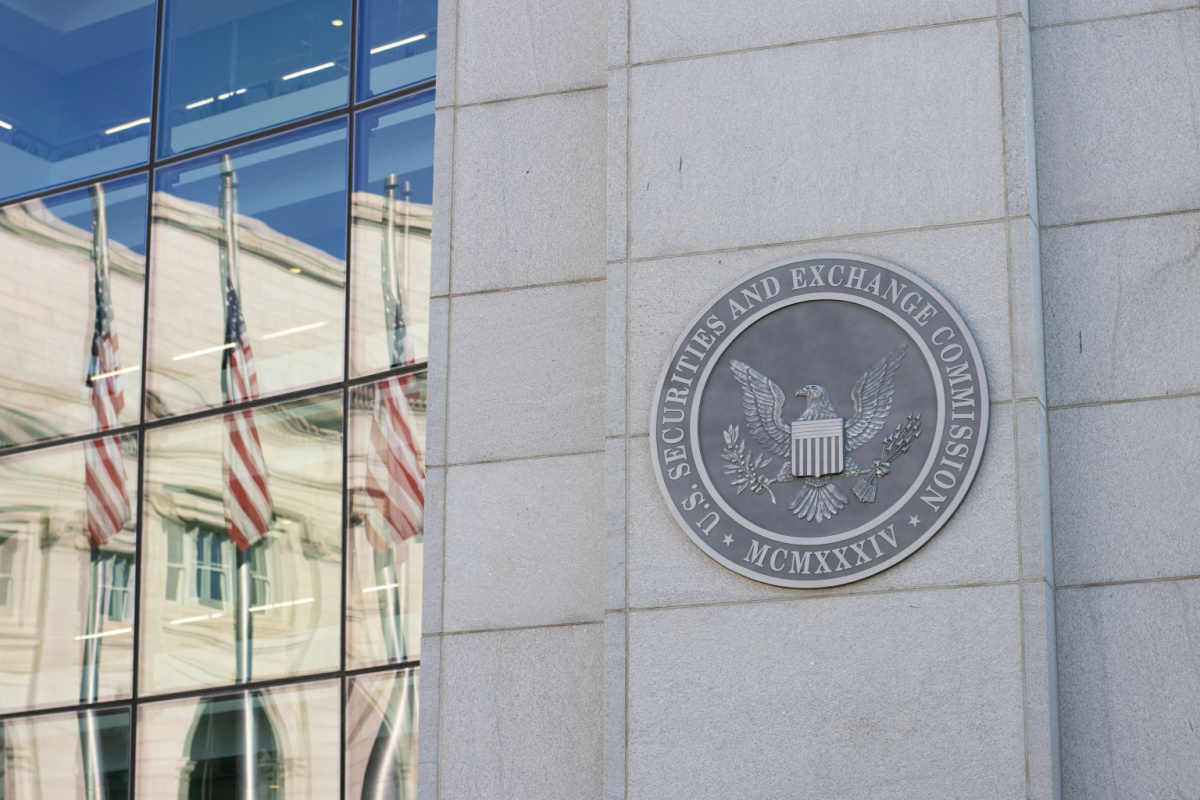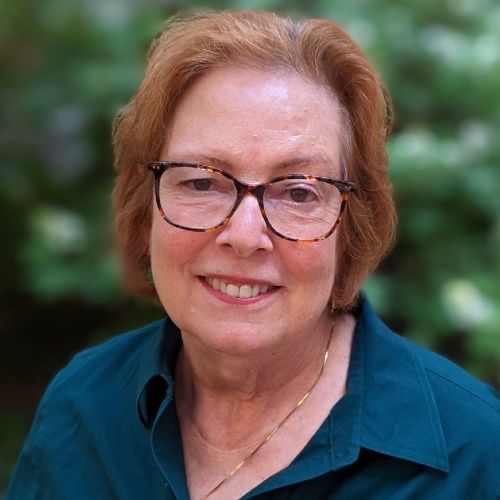Study: Partisanship among SEC commissioners rose to all-time high
- March 1, 2023
- By Jill Young Miller
- 2 minute read

Most Americans believe the Securities and Exchange Commission and the Federal Reserve should be politically independent.
That makes sense. A politically driven central bank or securities regulator can lose credibility and reinforce short-term political objectives—to the harm of long-term stability.

New research, however, finds partisanship among SEC commissioners rose recently to an all-time high. Driving the rise? More-partisan commissioners replaced less-partisan ones.
Partisanship at the SEC even appears in the language of new SEC rules and commissioners’ voting behavior, according to the paper “The Partisanship of Financial Regulators.”
“The Fed and SEC have institutional features that are designed to shield them from the effects of partisanship,” said Asaf Manela, Olin associate professor of finance and a coauthor of the paper.
In recent decades, US politics have grown significantly polarized and are testing those safeguards.
Language-based approach
The four scholars used a proven language-based approach to identify partisan phrases in Congress, such as “red tape” and “climate change,” and reviewed regulators’ usage of them. Basically, they examined whether Republican or Democratic regulators spoke like Republican or Democratic members of Congress.
They found Federal Reserve governors appeared to be “largely immune from the increased partisanship in American society.” The Fed was relatively nonpartisan throughout the research sample period of 1920-2019.
But partisanship among SEC commissioners rose to an all-time high.
The most partisan phrases suggest that Republican regulators favor less regulation than Democrats. For example, SEC Democrats emphasize investor and consumer protection, according to the paper, forthcoming in the Review of Financial Studies. SEC Republicans emphasize regulatory burdens and the unintended consequences of policy intervention.
Partisanship extends to governing
“Partisanship is not restricted to their speech but extends to their governing activity,” Manela said. “Rules are more likely to sound like the partisan language of the majority party in the regulatory body.”
In addition, partisanship at the SEC might affect commissioners’ regulatory philosophies, the study found.
“Many government entities were designed to be immune from partisan influence. The approach here can be used to evaluate whether the rise in partisanship in American society has spilled over into these entities.”
Asaf Manela
The study also documented “a dramatic increase in partisan voting behavior” at the SEC between 2006 and 2019. Dissenting activity increased substantially, and dissenting votes disproportionately occurred along party lines.
Manela said the approach of using congressional speech to examine the speech of non-congressional speech can be applied more broadly. Researchers can use the methodology to see if the US Supreme Court or state and local governments have also become more partisan.
“Many government entities were designed to be immune from partisan influence,” he noted. “The approach here can be used to evaluate whether the rise in partisanship in American society has spilled over into these entities.”
In addition to Manela, the researchers included Joseph Engelberg, University of California-San Diego; Matthew Henriksson, University of Mississippi; and Jared Williams, University of South Florida.
Media inquiries
For assistance with media inquiries and to find faculty experts, please contact Washington University Marketing & Communications.
Monday–Friday, 8:30 to 5 p.m.
Sara Savat
Senior News Director, Business and Social Sciences
